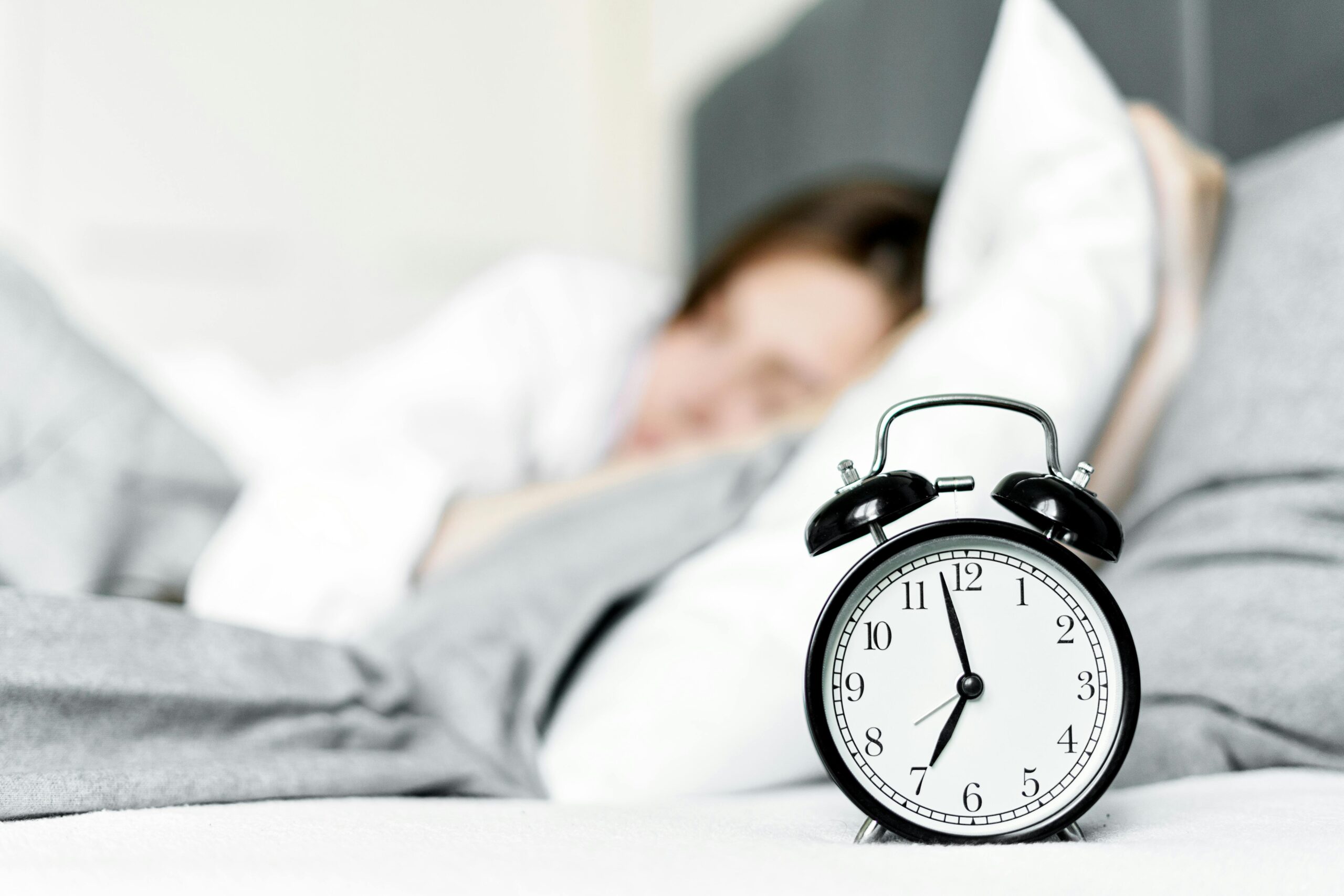Think you’re doing fine on 7 hours of sleep? Think again.
For years, we’ve been told that 7 hours of sleep is the golden standard for adults. But new research suggests that 7 might no longer be enough—especially in our fast-paced, overstimulated world. In fact, chronic sleep deprivation is becoming one of the most widespread yet overlooked health crises of our time.
So, why are we more tired than ever? And what’s the real cost of not getting those extra zzz’s?
Let’s break it down.
🧠 The Modern Sleep Crisis: It’s Not Just You
We live in a culture that glorifies productivity, hustle, and late-night scrolling. The result? A society that’s chronically underslept.
- Over 35% of adults in the U.S. report getting less than 7 hours of sleep regularly.
- Sleep-related fatigue contributes to 100,000 car accidents every year.
- Poor sleep has been linked to higher risks of obesity, heart disease, diabetes, anxiety, and depression.
The kicker? Many people think they’re sleeping enough, but they’re not sleeping well.
😴 Why 7 Hours Isn’t the Magic Number Anymore
Let’s be clear—7 hours isn’t “bad.” But it’s often the bare minimum, not the ideal. Here’s why some people now need more:
1. Sleep Quality Is Declining
Thanks to blue light, stress, and late-night work, many of us aren’t cycling through deep and REM sleep properly—which are critical for memory, immune function, and hormone balance.
2. Stress Takes a Bigger Toll
Modern-day anxiety and burnout drain more mental energy than ever, meaning your brain and body need extra recovery time—8+ hours in many cases.
3. Lifestyle Factors Interfere
Late-night caffeine, alcohol, inconsistent schedules, and screens all contribute to fragmented sleep, even if your total hours look okay.
📊 A Harvard study found that individuals who slept 6–7 hours had significantly more health issues than those who consistently slept 8+ hours.
💡 What Happens When You Skimp on Sleep
You might think a little fatigue is no big deal. But here’s what even mild, long-term sleep loss can do:
🧠 Brain Fog and Mood Swings
- Reduced focus, memory lapses
- Increased irritability and emotional instability
🩺 Health Risks
- Higher risk of type 2 diabetes, heart disease, and hypertension
- Weakens immune function
⚖️ Metabolism & Weight Gain
- Increases ghrelin (hunger hormone)
- Decreases leptin (fullness hormone)
- Leads to late-night snacking and poor food choices
🕒 So How Much Sleep Do You Really Need?
According to sleep experts:
- Most adults need 8–9 hours for optimal functioning—not just survival.
- Athletes, teenagers, and those recovering from illness may need even more.
- Quality > Quantity—but you need both.
Signs You’re Not Sleeping Enough:
- You rely on caffeine just to feel normal
- You crash hard on weekends or days off
- You feel sluggish, moody, or forgetful throughout the day
✅ How to Fix Your Sleep (Naturally)
Here’s how to start sleeping better—tonight:
- Stick to a consistent bedtime (even on weekends!)
- Limit screens 1 hour before bed—use blue light filters if needed
- Cool, dark, quiet room = sleep sanctuary
- Avoid caffeine after 2 PM
- Practice a calming routine: read, stretch, or try meditation apps like Calm or Headspace
💤 Bonus Tip: Try keeping a sleep journal to track habits and patterns.
📖 Real Talk: The “Badge of Honor” Sleep Deprivation Myth
We’ve been conditioned to believe that needing less sleep makes us stronger, smarter, or more ambitious.
It’s a myth.
Science is clear: Sleep isn’t a luxury. It’s your biological necessity. Prioritizing it doesn’t make you lazy—it makes you a healthier, more focused, more energized version of yourself.
🔚 The Wake-Up Call We All Need
If you’re still treating 7 hours like a gold medal, it might be time to aim higher. In a world that drains our energy at every turn, more sleep isn’t indulgent—it’s essential.
So tonight, skip the binge-watch, close the laptop, and give your body what it’s really asking for: a good night’s sleep.



